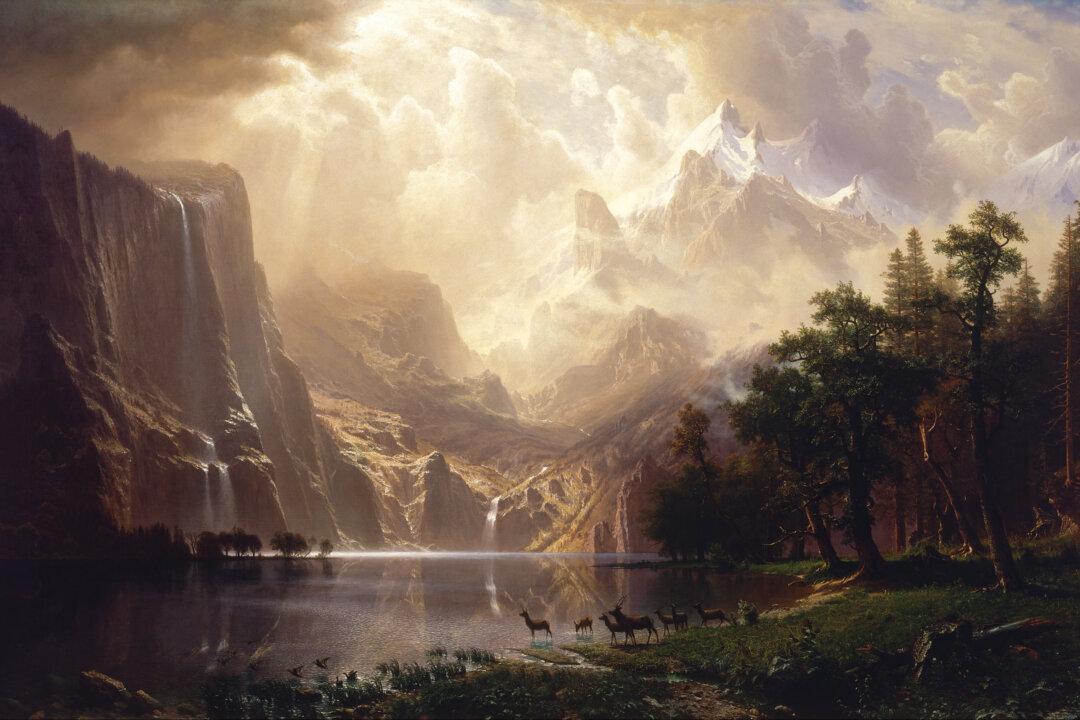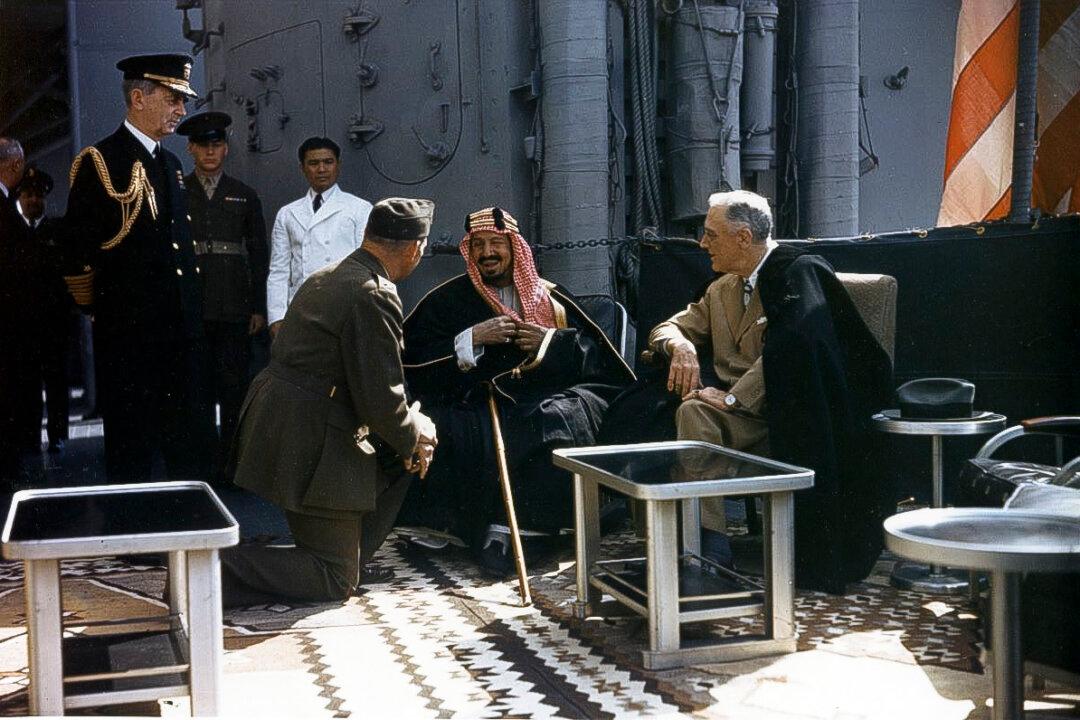It’s no surprise that the public education system continues to lower its standards of learning and has, for all practical purposes, exchanged excellence for mediocrity. It is in the math and science departments where math is somehow racist and biology is a question for children to figure out on their own; meanwhile, English teachers are pressured to edit less and allow students to guess their way through grammar.
The way students denigrate capitalism and uphold the failings of socialism exemplifies what they are learning in economics. And lastly, history class has become a session for fictionalized retellings and a harbor for critical race theoreticians.
Even in conservative districts where public schools are heralded for not promoting Marxist theories across the board, it’s hard to take them seriously. The SAT numbers and the annual statistics from the National Assessment for Educational Progress prove this. If progression is actually digression, then we are turning on all cylinders.
On our Sons of History weekly history podcast, I got the opportunity to discuss the failures of the education system and the worrisome issues within history departments with Dr. Wilfred McClay, the former G.T. and Libby Blankenship chair in the History of Liberty at the University of Oklahoma and the current Victor Davis Hanson chair in Classical History and Western Civilization at Hillsdale College.
[embed]https://www.youtube.com/embed/NvDbdwJ2uzk[/embed]After reading his history textbook “Land of Hope: An Invitation to the Great American Story,” I realized that reading a textbook could actually be enjoyable and that learning about American history in its grand scope didn’t have to be a snooze fest.
For decades, students (including myself and my co-host Alan Wakim) have trudged through history class. It was typically poorly assembled in the textbooks and taught in much the same fashion.
Referencing the subhead of his book, McClay stated that “we’ve got some flaws, but all in all, it’s a pretty great story.” And the American story is what he has put forth for teachers and students alike.
A ‘Curious’ Demographic
When he wrote the book, McClay said he pictured a 17-year-old high school student preparing for the AP History exam. It was to be a work that pulled everything together for the student. Indeed it does, but interestingly, his primary demographic hasn’t been 17-year-olds. In fact, it hasn’t even been students.
“Most of the readers up to now have been—not in schools, but adults,” he said. “Anybody 35 and up. That’s really curious.”
McClay said he believes it comes down to people having a real hunger for a retelling of American history from an authority, but a work that doesn’t demean the country.






